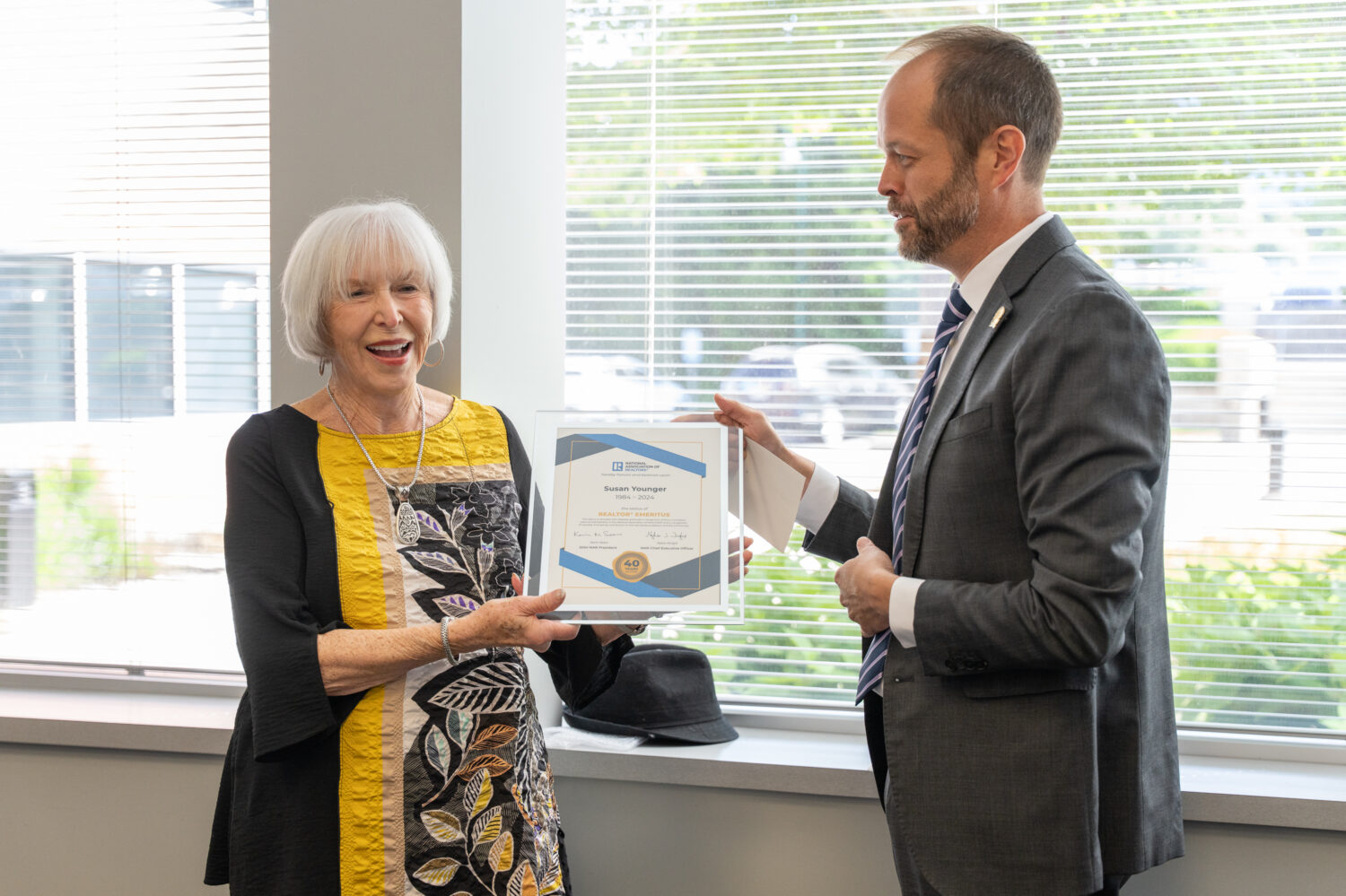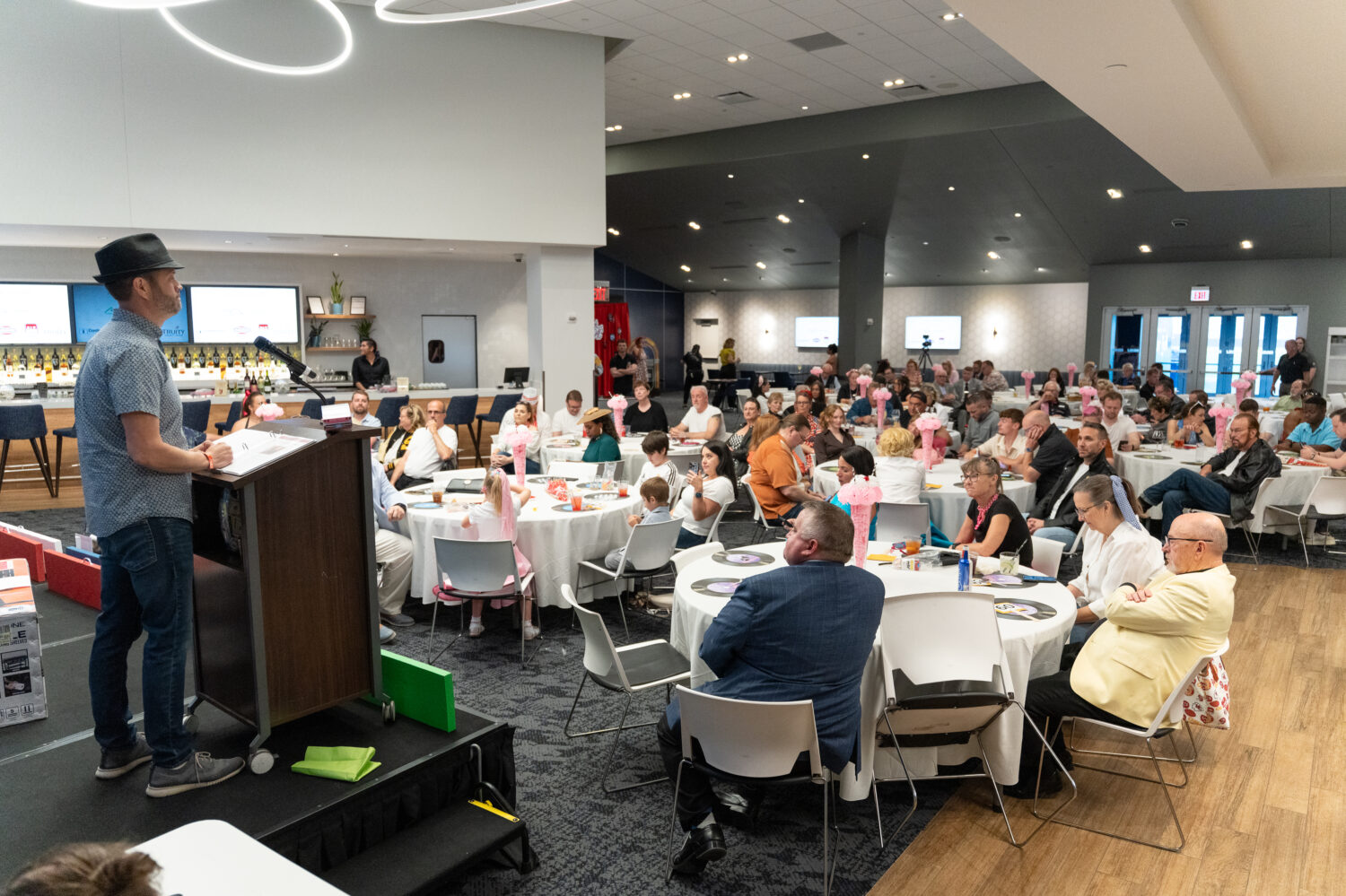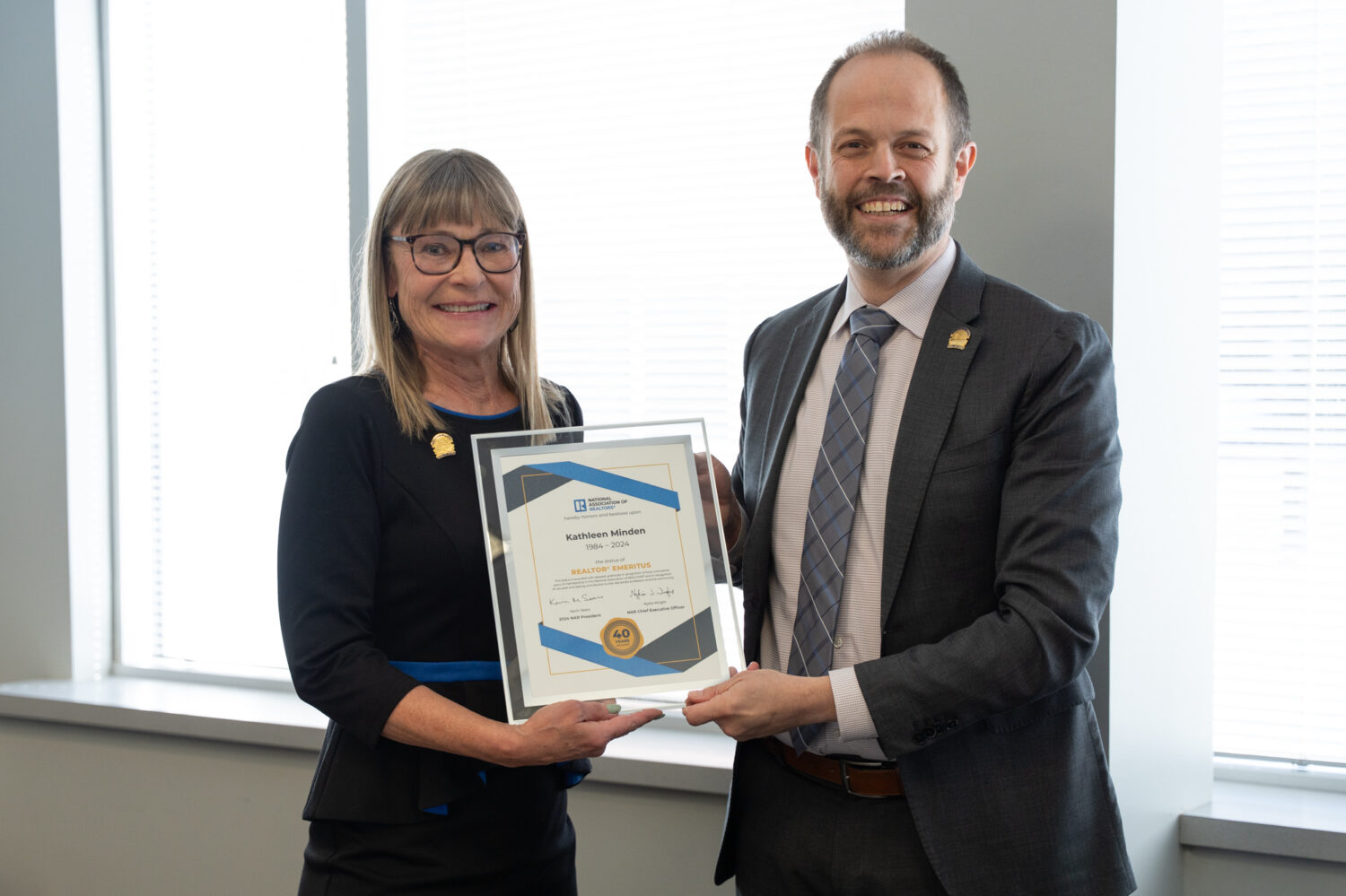
The housing and wealth inequalities that persist between people of color and whites in the U.S. is a result of the unconstitutional federal housing policies of the 20th century. Despite the Fair Housing Act’s passage more than 50 years ago, the legacy of redlining, blockbusting, deed covenants, and steering has created persistent barriers to homeownership for many. As a group that contributed to those injustices in the past, REALTORS® must help undo them, said Richard Rothstein at a virtual gathering of national, state, and local REALTOR® association leaders Tuesday.
Rothstein, a distinguished fellow of the Economic Policy Institute, spoke during the National Association of REALTORS® Leadership Summit in a session titled “Shoring Up Our House: Addressing Historical and Current Issues of Racism, Bias, and Intolerance.”
“REALTORS®, banks, and developers all participated knowingly and willingly in that unconstitutional federal housing policy,” said Rothstein, who documented discriminatory policy at all levels of government, abetted by private industry, in his bestselling book The Color of Law. “The consequences of this segregation are the serious social problems in this country today.”
With few options, Black Americans were forced to live in neighborhoods that perpetuated disadvantages, such as poorly funded schools, fewer job opportunities or transportation options to get to work; and less access to supermarkets and healthcare. African American children have asthma at four times the rate of white children, he said, due to deteriorating buildings and poor air quality.
Today, Black Americans have only 60% the income of white households and only about 5% of the wealth that white families hold. “That’s entirely attributable to federal, state, and local policies that moved white families out of urban areas into single-family homes and into all-white suburbs that then appreciated in value,” he said.
Adopting intentional policies that affect affirmative action in housing is a good place to start undoing the damage, Rothstein said. “We’re having a lot more accurate and passionate discussion about race today than we ever have before on the legacies of slavery and Jim Crow. That gives me hope that perhaps we may be able to address the kinds of policies we need to go beyond the Fair Housing Act.”
REALTORS®’ Role
Advocacy and action to broaden and enforce Fair Housing laws are one avenue REALTORS® can take to remedy the significant inequalities in housing. NAR is working on a new fair housing training curriculum that involves interactive scenarios with testimonials from real life clients’ experiences. Members who take the training will receive a detailed report with guided feedback to enact change in their own business practices. The curriculum is part of NAR’s Fair Housing Action Plan (ACT!), announced in January.
Panelist Carrie Chang, CEO of the Minneapolis Area REALTORS®, discussed some of the policies that her own association and other REALTOR® associations supported and perpetuated that have led to today’s current crisis.
“We see the connection very clearly between the work we’re doing today and our history,” she said. “It’s amazing and exciting to see NAR tackling this and having conversations.”
Segregation in Minneapolis today contributed to the police killing of George Floyd, Chang said. While many Minnesotans were shocked at the brutality, she said, it’s less surprising when you consider the egregious housing and wealth disparities that have worsened, despite the Fair Housing Act.
“The segregation we’ve helped create ensures we’re living in echo chambers,” Chang said. “We only hear from those we want to hear from. We only hear from those who look, think, and believe like us. People who are ‘others’ can be seen as characters.”
One significant step MAR has taken is addressing racism candidly and openly in meetings while working to reconcile with its past practices as an association. MAR’s board of directors is striving to be a force for good when it comes to fair and equitable housing, Chang said. They’re redoubling their efforts in fair housing education for members and adding greater coverage of the history of real estate in the Twin Cities.
Chang encouraged other associations and real estate companies to bring in experts on diversity and inclusion. MAR’s committee and board orientations now include tips for being an inclusive leader and addressing unconscious bias.
The Case for Active Community Engagement
No one understands housing better than REALTORS®, said Bryan Greene, NAR director of Fair Housing Policy. That’s why it’s up to REALTORS® to lead this change in their communities.
“REALTORS® need to be at the table,” agreed panelist Kevin Brown, NAR’s 2021 REALTOR® Party Director. A past president of the California Association of REALTORS®, Brown suggested that associations host homeownership fairs as a way to educate people of color on safe, affordable mortgage lending; the home buying process; and how to build equity.
A descendant of slaves, Brown attributed the advantages he’s had in his life to the fact that his parents purchased a vacant lot and, several years later, built a home on the property using all cash. They managed to save and circumvent the redlining restrictions targeting Black homebuyers that that time. “That home I grew up in offered our family huge security,” Brown said. “But not everyone has cash. And now the state of California has a huge affordability crisis.”
REALTORS®, he said, should continue to advocate for ways to address the housing shortage nationwide and for programs—similar to those offered to veterans after World War II—that offer affordable housing opportunities to all families.
MAR has become involved in the Mapping Prejudice Project in Minnesota, a research initiative uncovering how racial covenants and predatory lending practices affected African Americans, with the goal of shaping new real estate laws and housing policies. MAR has also partnered with the St. Paul Area Association of REALTORS® and the Minnesota REALTORS® to create the REALTORS® Rebuilding Communities workgroup, which consists of members and association staff pooling ideas and resources for the physical rebuilding of businesses due to the riots that followed Floyd’s death, as well as the rebuilding needed through reconciliation and racial justice.
“REALTORS® are about people and relationships. You take the time to get to know [clients’] hopes, dreams, and aspirations so you can serve them the best way possible,” Chang says. “I think that’s what this country needs more than ever. Take that compass and empathy and focus it on some of the social ills that our industry has helped create.”
— Reprinted from REALTOR® Magazine Online, August 2020, with permission of the National Association of REALTORS®. Copyright 2020. All rights reserved.





